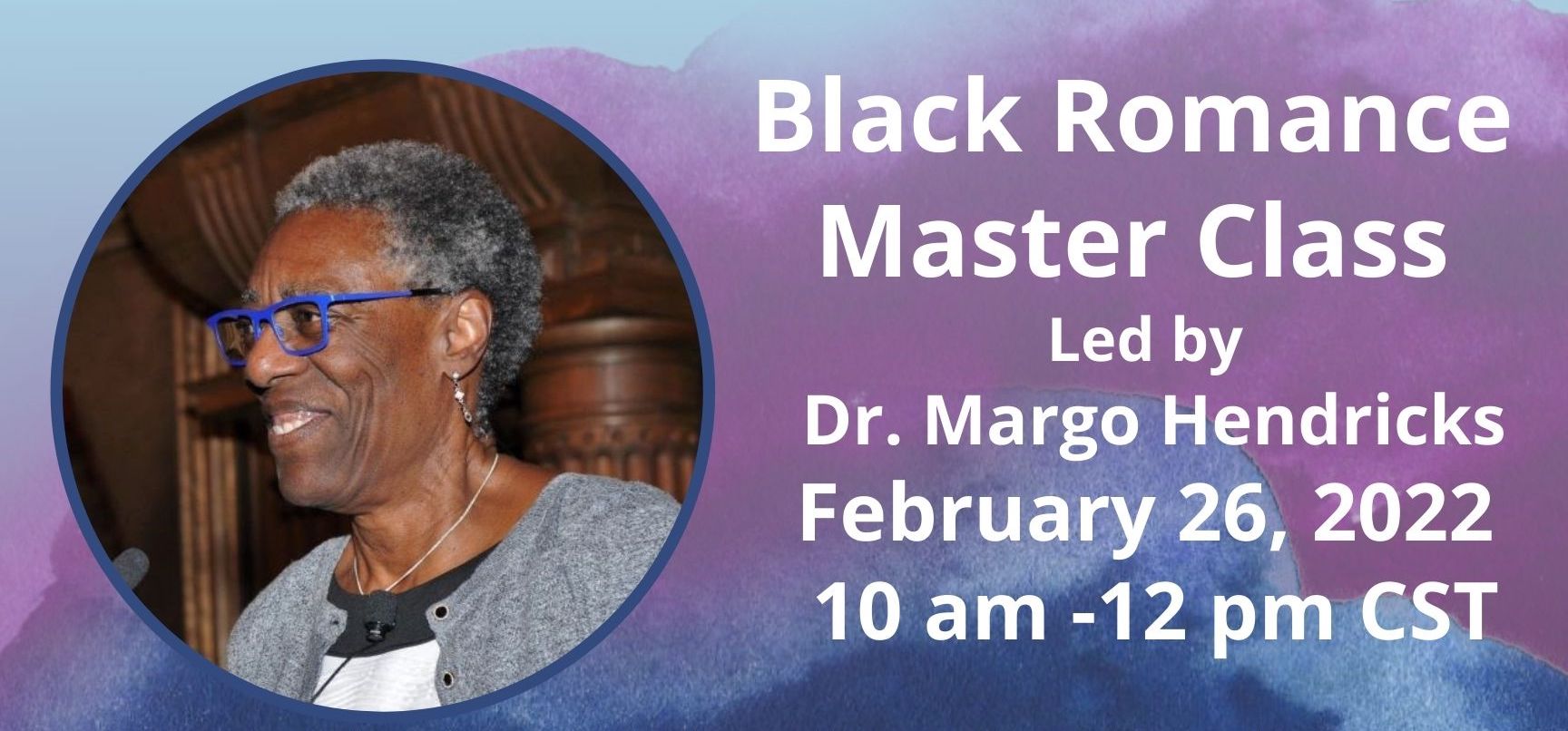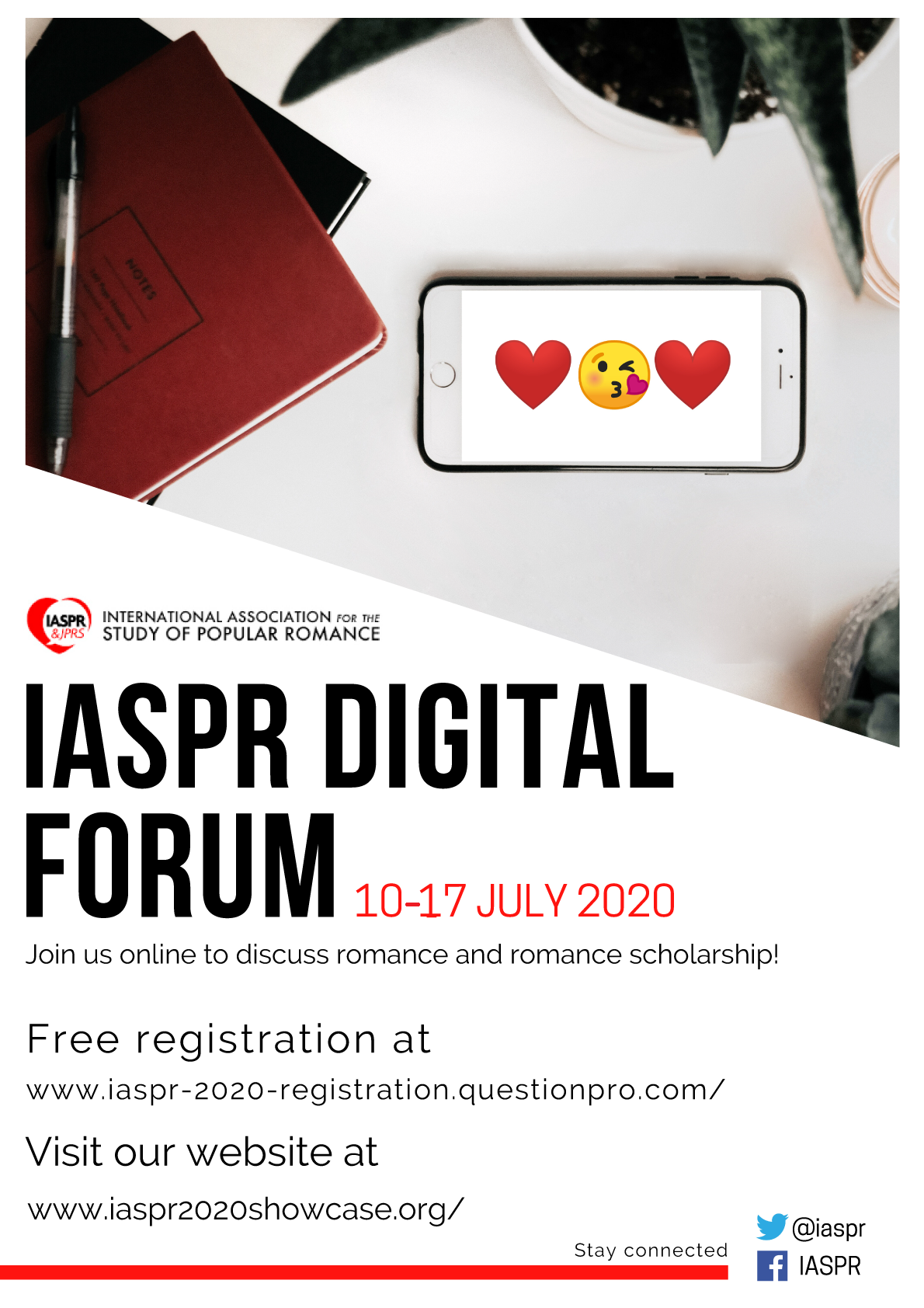New at the Journal of Popular Romance Studies: Special Issue Call for Papers
Romancing Africa: Manifestations of Popular Romance in Africa
Editors: Lynda Gichanda Spencer and Martina Vitackova
In February 2016, the New York Times published “A Valentine’s Day Reading List” that did not include any character, love story or book from Africa. In response, Grace A. Musila took to social media where she started #LoveinLiteraryAfrica, ‘a protest against this oh-so-familiar tradition’. Musila’s tweet received a remarkable response from the “African literati” who immediately began to share their favourite love stories from Africa. Five years later, in February 2021, Kiru Taye, one of the founding editors of Romance Writers of West Africa, was named as one of USA Today’s Bestselling Authors: a clear demonstration that there are African authors writing within the romance genre, and a sign that it is time—indeed, past time—for scholarship on popular romance fiction to address the thriving worlds of popular romance in Africa.
Romance imprints abound on the continent, including Sapphire Books, Nollybooks, the imprints of NB Publishers and Romanza from South Africa, Drumbeats from Kenya, Adoras from Cote d’Ivoire, Littattafan Soyayya, Ankara Press, Ebonystory and Love Africa Press from Nigeria. Scholarship on African romance remains marginal, in relation to studies of western romance, but this scholarship does exist, including a foundational essay by Lydie Moudileno on “The troubling popularity of West African romance novels” in Research in African Literatures (2008), a special issue of the South African feminist journal Agenda on “Gender and Popular Imaginaries in Africa” (October 2018), a special issue of Feminist Theory on ‘Chick-Lit in a Time of African Cosmopolitanism’ (April 2019), and a forthcoming special issue on popular romance written in Afrikaans for the digital journal Stilet. This special issue of the Journal of Popular Romance Studies therefore aims both to bring together scholars doing research on popular romance in Africa and to introduce existing research on the genre at the African continent to popular romance academia.
If, as Moudileno argues, the local creativity involved in “Africanizing the romance” allows romance readers and writers to manipulate structures and produce new meanings that are linked to the experience of the postcolony, thus opening up ‘the potentialities of an overtly marginal literary genre’ (2008:128), our hope for this issue is to Africanize popular romance scholarship. We are therefore interested in essays about all aspects of popular romance writing in Africa: its writers, readers, publishing houses, and scholars. We want to map the dynamics of popular romance genre in Africa and investigate these in their specificity and/or comparability with popular romance from other geopolitical areas. We seek to explore how popular romance shapes Africa, and how Africa shapes popular romance. What does the production and consumption of popular romance reveal about contemporary Africa?
We are open to submissions from a wide range of disciplinary and interdisciplinary contexts, including but not limited to: cultural studies, literary studies, gender studies, publishing studies, history, sociology, philosophy, psychology, anthropology, political science, law, and music. Since this is an electronic publication, we also welcome multimedia and artwork contributions documenting the world of popular romance in, on, and about the African continent. We welcome articles discussing works by authors on the African continent as well as African authors in the diaspora. We seek submissions on (but not limited to) the following topics:
- Popular romance publishing industries on the African continent
- Self-publishing and other alternative forms of text circulation in Africa or by African authors
- Interrogating femininity, masculinity, sexuality, race, gender, ethnicity and religion
- The pleasures of erotic desire
- Subversion, alternatives and alterations to the (Western) romance formula
- Social engagement and social critique in African popular romance
- Interviews with romance authors from Africa
- Analysing the culture of reading clubs and reading groups in Africa
The Journal of Popular Romance Studies (JPRS) is published by the International Association for the Study of Popular Romance (IASPR). It is the first academic journal to focus exclusively on representations of romantic love across national and disciplinary boundaries. It is an Open Access, double-blind peer reviewed journal, and is available at http://jprstudies.org/. JPRS is currently listed at ERIH Plus (European Reference Index for the Humanities and Social Sciences), and in the process of listing in a range of databases, including Sherpa Romeo, DOAJ, Scopus (Elsevier), ESCI (Emerging Sources Citation Index), and Ulrichsweb (ProQuest). It is probable that JPRS will be listed for all of these by the time the special issue is published.
Please submit expressions of interest by 30 September 2021. Feel free to contact the editors of this special issue to discuss possible topics: Lynda Gichanda Spencer (l.spencer@ru.ac.za) or Martina Vitackova (martina.vitackova@ugent.be). Full articles of between 5,000 and 10,000 words, including notes and bibliography, will be due by 1 March 2022. We are aiming for publication at the end of 2022. Manuscripts can be sent to the following address: special.issues@jprstudies.org. Submissions should be Microsoft Word documents, with citations in MLA eighth edition format. Please remove all identifying material (i.e. running heads with the author’s name) so that submissions can easily be sent out for anonymous peer review. Suggestions for appropriate peer reviewers are welcome. For more information on how to submit a paper, please visit http://jprstudies.org/submissions.
Works cited
Newell, Stephanie. Ghanaian Popular Fiction: Thrilling Discoveries in Conjugal life and other Tales. James Currey: Oxford, 2000.
Moudileno, Lydie. “The troubling popularity of West African romance novels”. Research in African Literatures, 39.4 (2008): 120-132.


